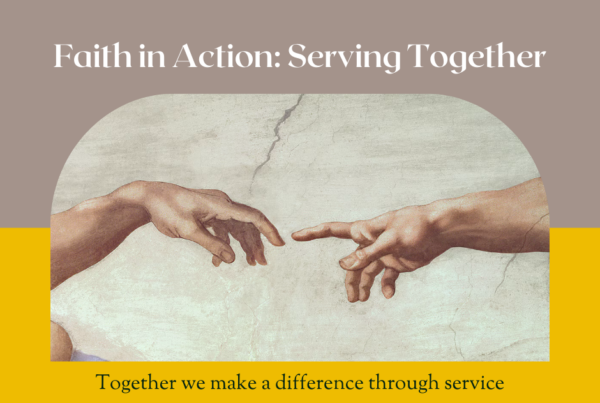In many Christian circles, I have often heard people say that Christians are to “be in the world but not of it.” I have heard many interpretations of this saying, but as I have started to think about and research this phrase, I have discovered it is not an exact Bible verse. Rather, it is a summation of different passages. Directly, the Bible only discusses Christians living holy lives not in sin, being heirs of Christ, producing the fruit of the Spirit and so forth.
I think many times Christians have used this call to holiness as an excuse not to engage with the world. There is a sub-culture that Christians have surrounded themselves with. Especially at a private Christian college, it sometimes feels like I am encased in a bubble and am not in touch with the real world.
Growing up as a Christian, my parents protected me from the outside world. I was taught not to drink, smoke, lie, use drugs, swear, etc. These are all things I still believe I should not do.
Yet these teachings have made me feel unprepared to minister to the world because Christians live in a word where people do engage in these things. There is a whole world filled with alcoholism, partying, drug addiction, pornography, adultery, deceit, thievery, poverty and homelessness.
How can Christians bring light to the world if Christians have never encountered this type of life? I am not saying that Christians should live this way. But I am saying that, in an effort to follow Jesus’ words and example, the Church has turned from those who may need Jesus the most.
The ideal Christian life does not come without its own difficulties, but it also holds to standards that many people in the secular world do not live by. Too much focus on this so-called “holy” standard of life neglects the harsh realities people are facing all over America.
It has created a holier-than-thou mentality. It has created a Church that does not lend a hand to the needy and those in need of God’s love. It has created a Church that sets itself apart in prideful ignorance and judges the world for its sinful life—or even for simply living a life that is different.
I do not think this is how to spread the love of Jesus. Judgement does not usually bring repentance. I think this is what the Church often forgets. Jesus hung around tax collectors and prostitutes. I hardly think these people changed their lifestyles when He was around. Jesus engaged with a culture and with people who were not following Him.
How did He do this? He created relationships first. He did not immediately judge others for their sins or for not living a “perfect Christian life,” but He spent time with them, laughed with them, got to know them.
Only after He had created trust, friendship and relationship did He start correcting their ways. He did not even do this by direct instruction. Instead, He did it by inviting people to simply be around Him, seeing how He lived, how He spoke, how He acted. While this way is definitely the slower approach, I think it is far more fruitful than the majority of the Church’s attitude today. At least, Jesus seemed to think so.
To me, “being in the world but not of it” simply means not living in sin as the world does. That does not mean running away from people who live and see the world differently, but to run toward them with the love of Jesus leading the way.


